-
•
•
105 responses
I have a few questions about boundaries and numbers that I would like to put before the group for your collective insight. While the questions are related, they are not building any particular argument. 1. If the Church excommunicated everyone who quietly disbelieves any or all of the core doctrines that John Dehlin has rejected, how many people would we lose? 2. If the Church dropped from its rolls all those people who have slipped or stomped out of activity, those who opt out of meetings and callings and the home and visiting teaching programs, how big would be the… Read More
-
•
•
11 responses

Note: this post was written by Margaret Blair Young. Read More
-
•
•
59 responses
Thoughts today are with John and his family. Read More
-
•
•
3 responses
-
•
•
70 responses

“I will go and return to my place, till they acknowledge their offence, and seek my face: in their affliction they will seek me early.” Hosea 5:15 Read More
-
•
•
14 responses
So here’s the plan: each week that the gospels are covered in Sunday School, I will post one question from my book along with a brief discussion of the issues that it raises. Read More
-
•
•
39 responses
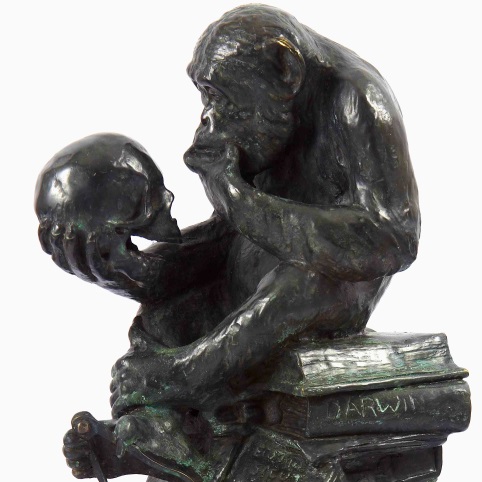
About three weeks ago, David Bokovoy wrote an interesting blog post on historicity in the scripture in which he argued that questions of historicity are unhelpful anachronisms that tend to miss the point of scripture: It’s important for modern readers of the Bible to recognize that biblical historians were not motivated to write their accounts out of antiquarian interest. The past was far too important a tool for these authors to simply recount what really happened. Instead, biblical authors used history as a tool to convey themes concerning the God of Israel and his relationship to his chosen people. Bokovoy’s… Read More
-
•
•
10 responses
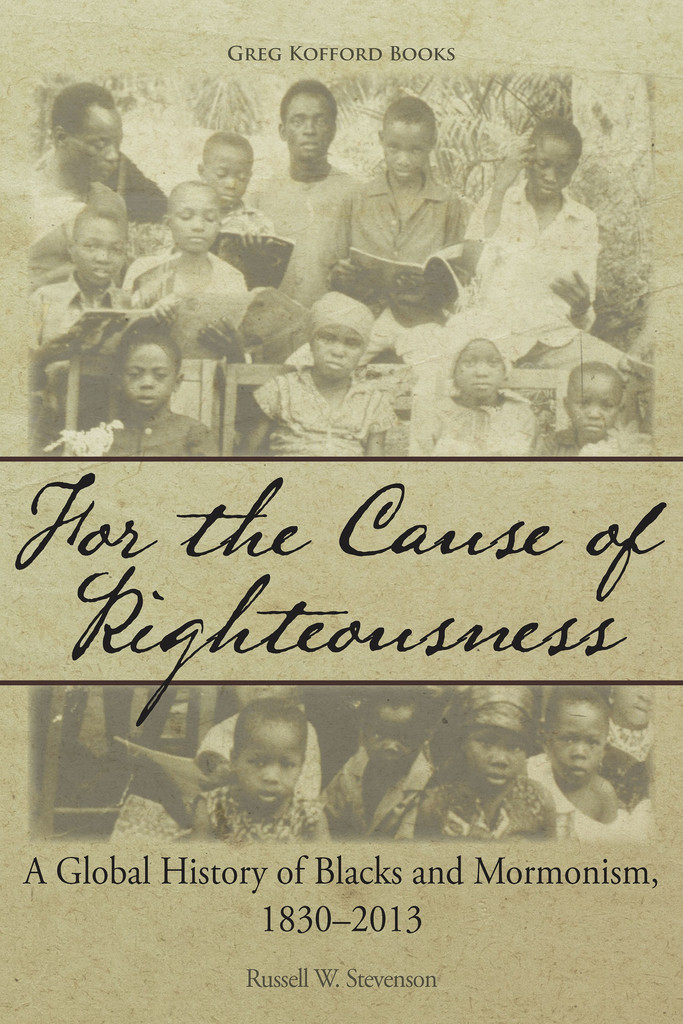
We are pleased to welcome Russell Stevenson as a guest blogger. Russell has a master’s degree in history from the University of Kentucky, and after a stint teaching at Salt Lake Community College he is now in the Ph.D. program in African history at Michigan State University studying Mormonism in Nigeria. He blogs at Mormon History Guy and at Rational Faiths. February is Black History Month, the right time for Russell to share some of the material from his two books, Black Mormon: The Story of Elijah Ables and the just-published For the Cause of Righteousness: A Global History of… Read More
-
•
•
45 responses

Today we feature a guest post from Brandon Russell. Read More
-
•
•
16 responses
-
•
•
101 responses
The Book of Mormon is a messianic text. As messianic, it means to interrupt and overwrite our normal experience of time. When this overwriting occurs at the level of the individual, it’s called repentance. When this overwriting occurs collectively, it’s called gathering. Both kinds of overwriting implicate the other. Read More
-
•
•
15 responses
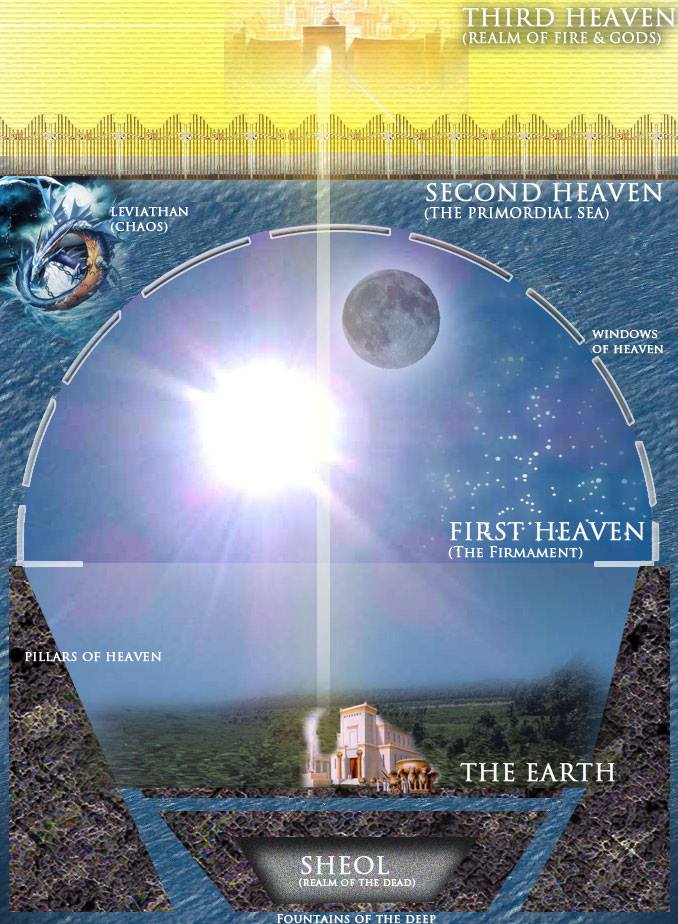
The new Seminary manual on the Old Testament approaches the authorship of Genesis in a reductive and simplistic way. (HT: David Tayman, who also did the Israelite cosmology art below.) Ask students if they know who wrote the first book in the Bible. After they respond, invite them to turn to Genesis 1 and look in the title to see who wrote the book of Genesis. (You may want to explain that in addition to writing Genesis, Moses wrote Exodus, Leviticus, Numbers, and Deuteronomy. The book of Moses in the Pearl of Great Price also contains Moses’s writings.) Now, this is… Read More
-
•
•
82 responses
Over the holidays I borrowed a copy of Historicity and the Latter-day Saint Scriptures (BYU Religious Studies Center, 2001). Turns out the full book is available online at the RSC site. The book features articles by the usual cast of religion profs and scholarly apologists, plus an apostle and a philosopher. Given how central the historicity issue has become of late (as evident in the Book of Abraham essay, for example) this seems like a good topic for my occasional series on practical apologetics. At the risk of oversimplifying a bit, I am going to suggest that LDS writers who… Read More
-
•
•
57 responses
For a people that values educational choices, I find it surprising that we accept very limited options for seminary programs for our teenagers. Read More
-
•
•
18 responses
-
•
•
One response

The 2nd Annual Wheatley “Faith Seeking Understanding” Summer Seminar will be held from June 22 – July 10, 2015 under the direction of Professor Terryl Givens. Here’s the seminar description: What are the general contours of Christianity’s efforts to find a marriage of belief and intellect? Does Mormonism face the same challenges as the broader Christian tradition? What are the contributions of Mormon theology to current debates in the political and cultural realms? How reasonable are LDS positions on the family, marriage, pro-life and end of life issues? Is the Mormon theological tradition an asset or a handicap in the… Read More
-
•
•
10 responses
I recently published an article that T&S readers might find interesting. It traces the legal issues faced by the Church as a result of its international expansion after 1945, arguing that the pressures created by these concerns tended to modify Mormon theologies of the state in the last half of the twentieth century. There is a bunch of interesting stuff in the paper (or at least I think that there is), but it mainly makes two contributions. First, it tries to provide an overarching narrative for Mormon legal history in the late twentieth century. Second, it shows that just as… Read More
-
•
•
33 responses

I distrust Most Mormons. Whenever I see Most Mormons, I’m inclined to disagree with whatever is being said. If it were possible, I’d like to do away with Most Mormons entirely Read More
-
•
•
74 responses
Times & Seasons is proud to announce the 2014 Mormon of the Year: Authors of the Gospel Topics Essays. The Mormon of the Year is our annual designation of the Mormons who had the greatest impact or influence on Mormons and Mormonism during the year. Beginning in 2013 the LDS Church has published a series of essays on LDS.org, under the heading of Gospel Topics, addressing controversial topics involving the church and its history. These special essays, currently covering 9 topics, represent a new approach both to public outreach and to informing the church membership on these subjects. While the publication… Read More
-
•
•
29 responses
-
•
•
13 responses
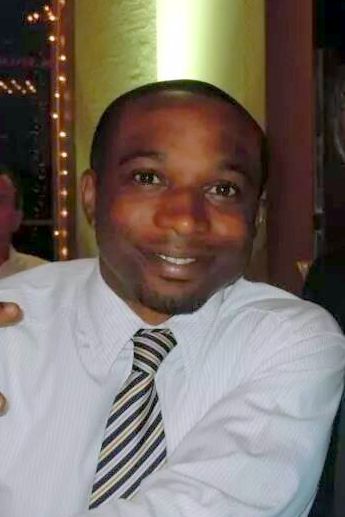
It was the jumpsuit that brought it all into focus, a jumpsuit much like one he had worn years before. But this jumpsuit was white. That one had been orange. Dressed in the white polyester garment, David was prepared for baptism into a new church. A fleeting glimpse of himself dressed in white seemed to capture the great changes in his life and outlook over the past months. White was his new orange. God’s voice began speaking in his heart. “You’ve been getting away with some things you’re not supposed to be doing, and it’s only by the grace of… Read More
-
•
•
48 responses

The horrendous attack on Charlie Hebdo last Wednesday has shocked the world. This is beyond humanity, and all reactions, also from the Muslim communities, is one of deep anger and clear condemnation. Everywhere this murderous spree is seen as an attack on a core value in modern free society, the freedom of the press. Whoever attacks the free press, attacks democracy and free society, so whoever attacks a free press in fact attacks us, all of us, none excluded. Throughout Europe, people flocked to the large squares, expressing their revulsion for this brutal massacre, voicing their conviction that this is… Read More
-
•
•
306 responses
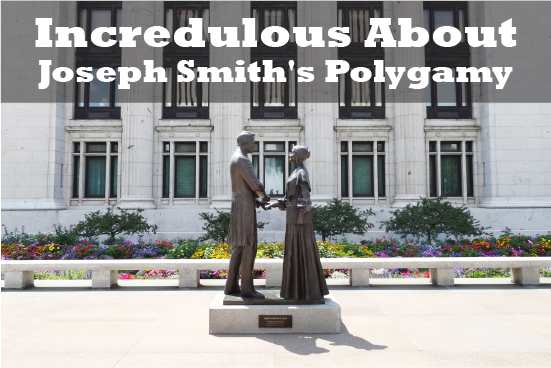
Entrenched in Mormon Culture I am a 7th generation Mormon who grew up in Utah County. I attended church all my life, had regular family scripture study and FHE. My dad was a BYU math professor and my mom a devout scripture scholar. I graduated from seminary and graduated from BYU (with all its required religion courses) and married a 5th generation, returned missionary in the temple. And I didn’t learn that Joseph Smith personally practiced polygamy until I was in my 20s. I had heard the story about Emma pushing Eliza down the stairs, causing a miscarriage in her… Read More
-
•
•
22 responses
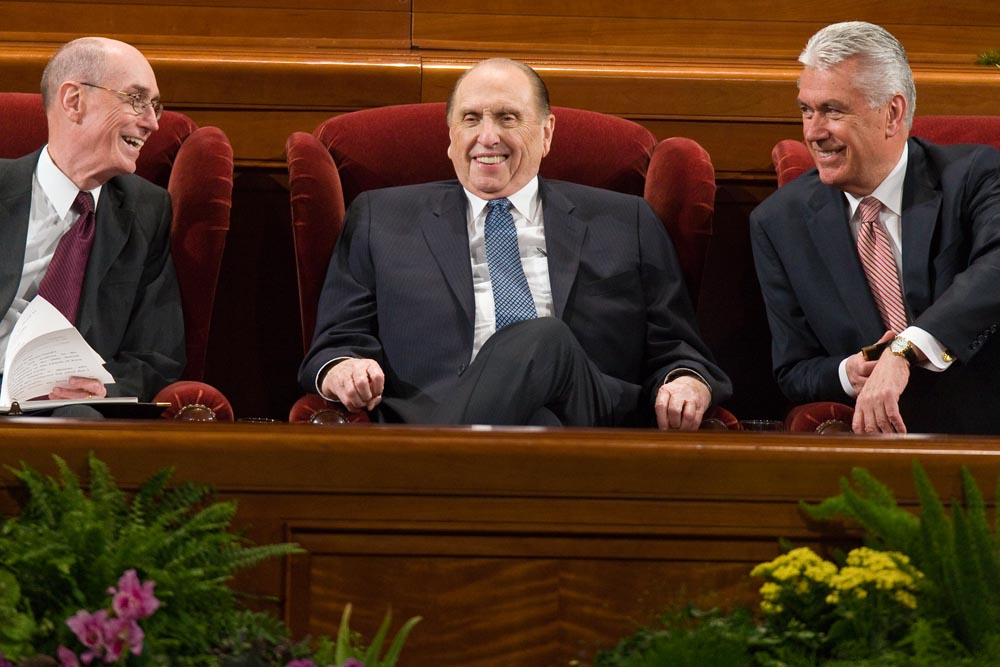
No one comes to General Conference for the jokes. And yet, some of the conference moments I remember most clearly involve laughter. In 1997, after Elder Nelson gave a laudatory talk about President Hinckley, President Hinckley took the stand and said, “I thought we were conducting General Conference. It’s turned out to be a funeral.” He went on to challenge Elder Nelson to a duel in the basement of the Tabernacle. Later in the session, he postponed the duel. It was a fabulous moment in conference history. What does humor in General Conference do? First, the spiritual tide of General… Read More
-
•
•
2 responses
Times and Seasons is pleased to welcome David K. Evans as our latest guest blogger. Dave is a Senior Economist in the Chief Economist’s Office for the Africa Region of the World Bank and holds a Ph.D in economics from Harvard University. In the wake of last year’s Ebola outbreak, Dave has also become talk radio and cable news’s go to source on the economic effects of the epidemic in West Africa, with appearances on BBC, Bloomberg, CNN International, and Diane Rehm, among other outlets. Dave is engaging, thoughtful and one of the most well-read individuals I’ve ever met. He and his wife… Read More
-
•
•
7 responses
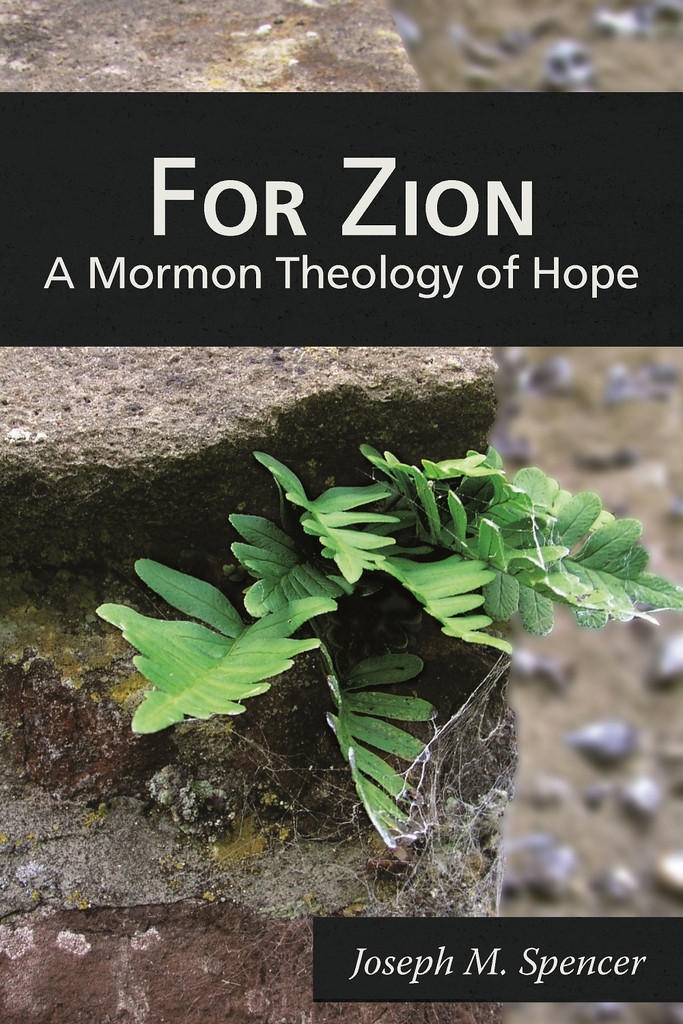
With all the power vested in me (by myself), I hereby declare Joseph Spencer’s book, For Zion: A Mormon Theology of Hope, the 2014 Mormon Book of the Year. Read More
-
•
•
10 responses
-
•
•
19 responses

Last year was my first year teaching the Old Testament in Gospel Doctrine, and I benefited a ton from Ben Spackman’s Patheos blog. So I’m starting off this year by reading some of his recommended books for teaching the New Testament (list continues here and here). First up? Misreading the Scripture with Western Eyes: Removing Cultural Blinders to Better Understand the Bible. The point of Misreading the Scripture is that the Biblical authors left certain cultural assumptions unspoken because they took them for granted. When we read the Bible today, we fill in those gaps with our own cultural assumptions.… Read More
-
•
•
38 responses
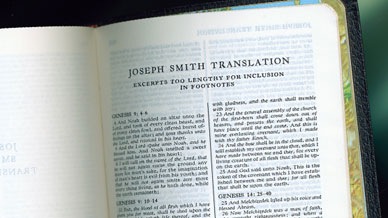
Two people have asked me this question in the last week; here’s a stab at an answer. Read More
-
•
•
58 responses
This post opens the voting for Mormon of the Year. Votes will be taken until midnight Eastern Time on Wednesday, January 7th, at which time the voting will close. The voting mechanism will attempt to restrict votes to one per person. The order of the choices is set at random, and is different each time the form is presented. THE WINNER OF THE ONLINE VOTE IS NOT NECESSARILY THE MORMON OF THE YEAR!!! Read More
